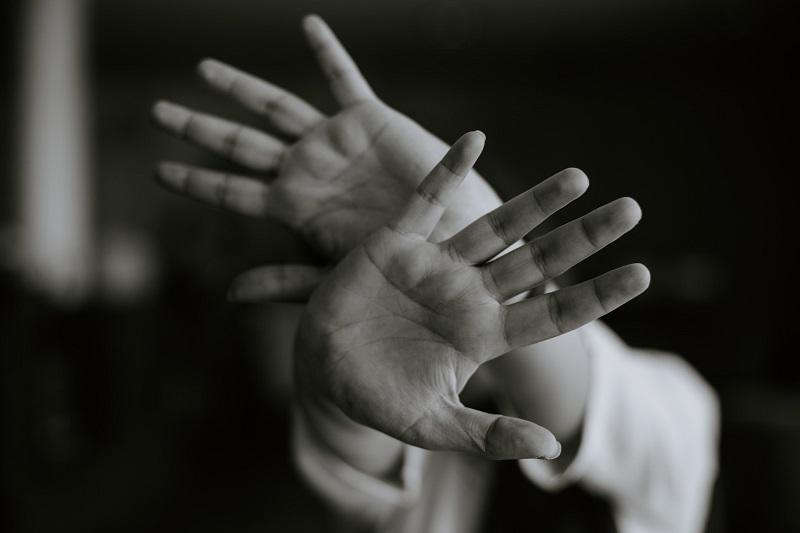Everyone has fears. It's a natural response to potential threats. But what happens when fear doesn't make sense? When it's triggered by things or situations that aren't actually dangerous? We're talking about phobias and irrational fears. Let's unpack these terms with what is a phobia and understand them better.
What is a Phobia?
Phobia is a term that gets thrown around a lot. But to be clear, a phobia is an intense, unreasonable fear of a specific object, situation, or activity. People with phobias often go out of their way to avoid what they fear, even though they understand that the fear is exaggerated or baseless.
Common Types of Phobias
- Agoraphobia: A fear of places or situations that might cause you to panic and feel trapped or embarrassed.
- Claustrophobia: A fear of confined spaces.
- Acrophobia: A fear of heights.
- Arachnophobia: A fear of spiders.
- Social Phobia: Also known as social anxiety disorder, it's a fear of social situations.
Irrational Fears and Phobia: How are they connected?

Every phobia starts as a fear. But not every fear turns into a phobia. The key difference between irrational fears and phobia is the intensity and the impact they have on one's life.
- Intensity: While you might shudder at the thought of spiders, someone with arachnophobia might not even enter a room if they suspect there's a spider inside.
- Impact on Life: Irrational fears might make you uncomfortable, but phobias can disrupt daily routines, limit your activities, or cause intense stress and anxiety.
What Causes These Intense Fears?
Several factors can play into the development of phobias:
- Traumatic Events: A traumatic incident associated with a specific object or situation can trigger a phobia.
- Learned Fears: Seeing a family member or friend being scared of something might make you fearful of the same thing.
- Brain Function: Sometimes, how our brain processes information can cause it to react with intense fear.
Overcoming Phobias and Irrational Fears
Thankfully, phobias and irrational fears are treatable. Here are some strategies:
- Therapy: Cognitive-behavioral therapy can help individuals challenge and change their patterns of thinking about their fear.
- Exposure Therapy: It involves gradually and repeatedly facing your fear in a controlled setting to help you cope.
- Relaxation Techniques: Deep breathing, meditation, and muscle relaxation can help people deal with the anxiety these fears cause.
- Medication: Some people benefit from certain medications that treat anxiety symptoms.
When to Seek Help
It's essential to recognize when a fear is taking over your life. If you find yourself avoiding specific places, situations, or things and it's affecting your daily life, it might be time to see a professional. Remember, there's no shame in seeking help. Everyone deserves to live without the shadow of irrational fear.
Phobias and Irrational Fears: A Summary
- Phobias are intense fears about specific things or situations.
- Irrational fears are fears that don't make logical sense but might not disrupt your life as phobias do.
- Causes can range from traumatic events to learned behaviors.
- Treatment options are varied, but therapy and facing the fear are often effective.
FAQs about Phobias and Irrational Fears
What exactly is a phobia?
A phobia is an intense and often unreasonable fear of a specific thing, situation, or activity. Even if the person knows the fear is exaggerated, they might still go to great lengths to avoid it.
How is an irrational fear different from a phobia?
Every phobia begins as a fear. The main difference between an irrational fear and a phobia is how strong the fear is and how much it impacts daily life. Irrational fears might make you a bit uncomfortable, but phobias can seriously disrupt your daily activities and cause a lot of stress.
Are there common types of phobias?
Yes, some common phobias include agoraphobia (fear of certain places or situations), claustrophobia (fear of tight spaces), acrophobia (fear of heights), arachnophobia (fear of spiders), and social phobia (fear of social situations).
Why do people develop these intense fears?
There are a few reasons. Sometimes it's because of a traumatic event or seeing someone else be scared. In other cases, it might be because of the way the brain processes certain information.
I think I have a phobia. How can I overcome it?
There are many ways to treat phobias. Therapy, especially cognitive-behavioral therapy, can help you change how you think about your fear. Exposure therapy, where you face your fear little by little in a controlled setting, can also be effective. Relaxation techniques and sometimes medication can help too.
Understanding and addressing our irrational fears and phobia is essential. Whether it's an irrational fear or a phobia, acknowledging it and seeking help when necessary is crucial. Remember, you're not alone, and help is available.




